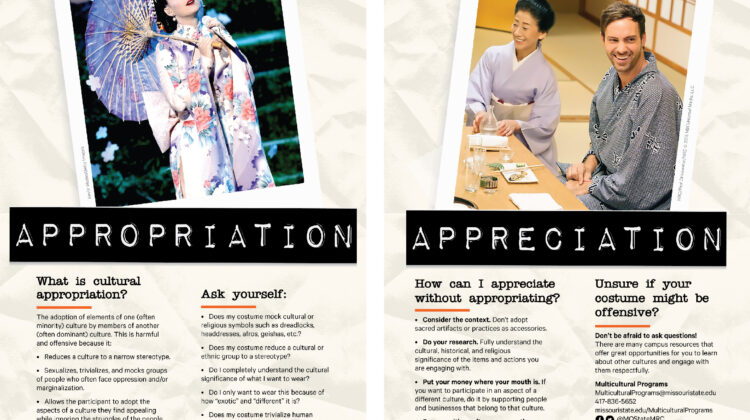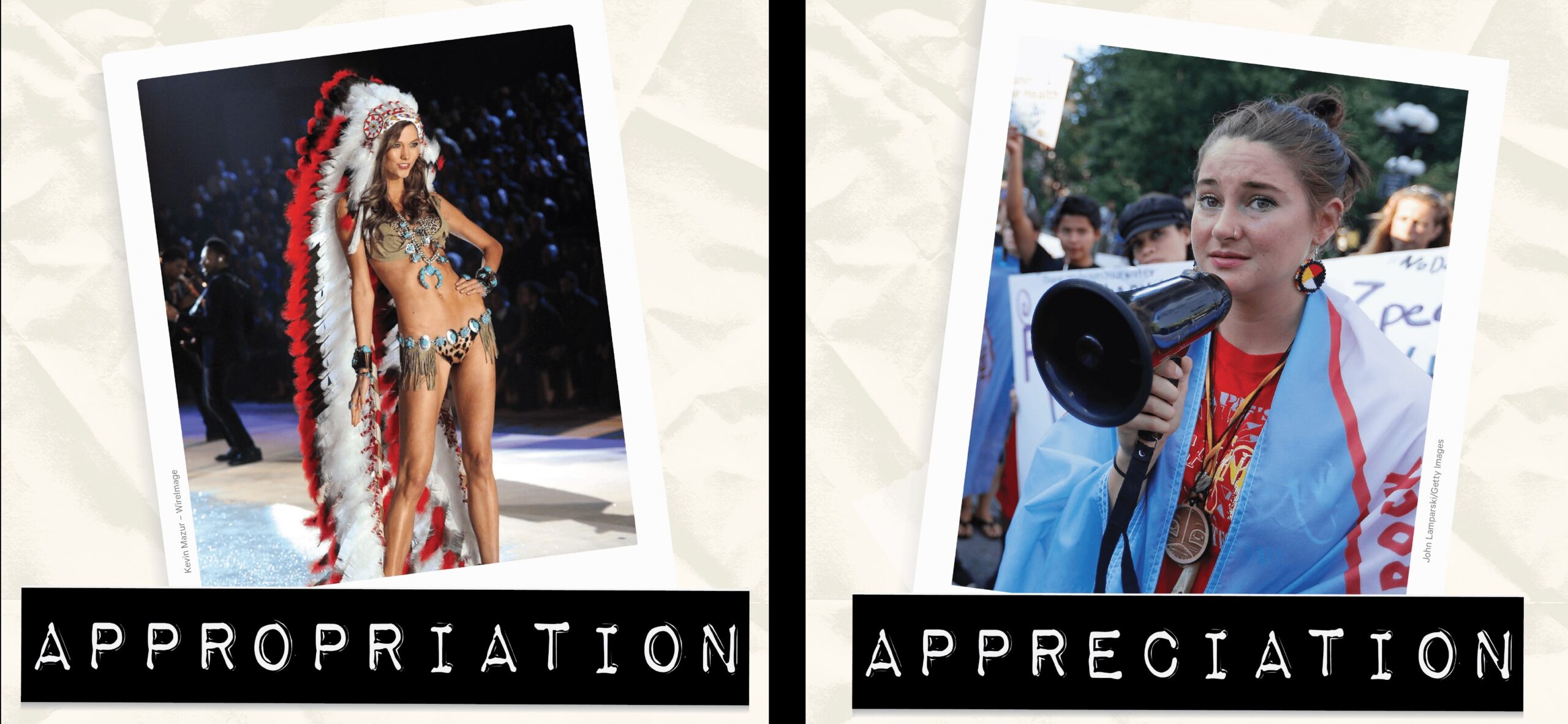
Consider this, The ‘Missing White Woman Syndrome’ still plagues America. When Black and Brown Women go missing, police and mainstream outlets do very little, if anything, to recover them. When the late Gwen Ifill used the phrase “Missing White Woman Syndrome” at a 2004 journalism conference, she was responding to news anchor Suzanne Malveaux’s concern that US media outlets had failed to cover international genocides early on, including Rwanda and Kosovo. Malvaeux told the diverse crowd: “In 1994, during Rwanda, we were looking at Nancy Kerrigan and Tonya Harding.” The two figure skaters had received more coverage than a million genocide victims and survivors. “Missing White Woman Syndrome” has found a life of its own. Commentators widely use it now to describe the disparity in media coverage that missing young, conventionally attractive white women, receive over missing Black and brown people. As Charles Blow recently stated: “It is not that these white women should matter less, but rather that all missing people should matter equally. Race should not determine how newsroom leaders assign coverage, especially because those decisions often lead to disproportionate allocation of government resources, as investigators try to solve the highest-profile cases. Disparity and visibility are such fickle things. We can safely assume that the exorbitant alarms around particular kinds of white women who go missing and the silence around missing Black and Indigenous women presents racial, gender, and class equity issues. But what is missing from the popular disparity discourse surrounding “Missing White Woman Syndrome” is that cops and cover stories were never meant to rescue our loved ones. Black people and indigenous people have launched organizations to help families and communities find their loved ones all over the world. We find faces of the disappeared on websites, social media, electricity poles, and grocery store board.
Invisibility and disparity can make someone believe that what someone else has is desirable, so then we fight for it, too, not asking whether it’s poison. The demand for more policing to see people of color as human, and as people worth searching for, will marshal resources for police. Federal, state and local authorities will undoubtedly decide to give more money to police to become body searchers, rather than investing in eliminating the reasons why people go missing in the first place, including interpersonal abuse, homophobia and exploitation.



